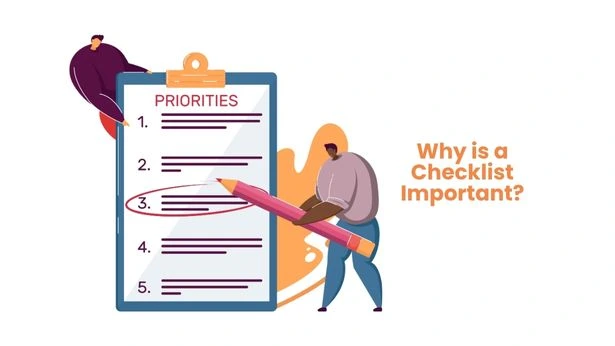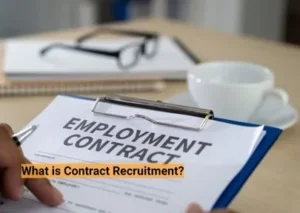Landing Your First Role as Junior Software Developer: A Complete Checklist
Beginning a career in tech is exciting but can feel overwhelming—here’s how to get your first software developer job with confidence and clarity. This junior software developers checklist will help you understand each of the necessary skills, preparations, and actions needed to enter the software development space one step at a time. As either a computer science graduate or a self-taught programmer, the following guide will take you through all the necessary steps from learning to getting your first offer.
Why Does Having a Checklist Matters?

You might be wondering, why have a checklist? The competition for junior roles is intense, and some companies receive hundreds of applications for a single role. A checklist guides your actions so you are not just applying randomly but preparing yourself. A checklist strengthens the pathway for your personal learning, professional development and job searching to help you stand out.
Step by Step - Checklist
Step 1: Master the Skills Needed for Junior Developer Roles
First, you want to have a solid technical skills foundation. Employers expect junior developers to be comfortable with:
- Programming languages: You should have proficiency in at least one (again, preferably JavaScript, Python, Java, or C#).
- Version Control: You want to know Git and GitHub.
- Basic Algorithms and Data Structures: while you don’t need to be an expert, you should have an understanding of arrays, loops, hash maps, stacks, queues, and recursion.
- Frontend skills: You must be familiar with HTML, CSS, and JavaScript, as well as the DOM.
- Backend Development: You need to understand REST APIs and some server-side language (Node.js, Django, etc.).
- DBMS: You need to understand SQL and basic NoSQL databases.
- Debugging and Testing Techniques: You need to know how to identify and fix bugs using the tools built into the browser and into the IDE.
- Soft Skills: You need to communicate, manage time, understand symmetric thinking, and work as a team with other team members.
Step 2: Craft a Winning Portfolio
Your portfolio serves as a demonstration of your skills. It is stronger than your resume in gaining your first software developer position. A good portfolio should:
- Include 3-5 completed projects with thorough READMEs.
- Showcase frontend and backend skills.
- Demonstrate clean, readable, and well-documented code.
- Be deployed (preferably using Netlify, Vercel, or Heroku).
- Include a link to your GitHub.
Step 3: Write a Resume That Gets Noticed
A well-optimized resume is very important. Here is what you should include:
- A good summary for junior positions.
- A list of technical skills (organized neatly).
- A link to a portfolio, GitHub, LinkedIn.
- Education and any certifications related to the positions.
- Projects (instead of work experience if you are brand new).
- Volunteer or open-source work.
Step 4: Optimize Your LinkedIn & GitHub Profiles
LinkedIn is your digital networking tool, GitHub is your portfolio of work.
For LinkedIn:
- Upload a professional photograph.
- Write a headline such as “Aspiring Junior Software Developer | JavaScript | React | Node.js.”
- Write a great ‘about’ section summary with your journey and goals.
- List out projects and link to them.
- Connect with recruiters, alumni, and developers.
For GitHub:
- Pin your best repositories.
- Commit often.
- Write clear READMEs and specific commit messages.
Also Read: How to Optimize Your LinkedIn Profile for Tech Recruiters
Step 5: Network Early
A large part of how to find your first role as a software developer is relying on who you know to help you land your first job, and not just relying on what you know.
- Join developer communities like freeCodeCamp, Stack Overflow, Hashnode, Dev.to, or Reddit.
- Attend local or virtual meetups and hackathons.
- Engage on LinkedIn by commenting, sharing, and writing posts.
- Don’t be afraid to message developers for mentorship or guidance.
Step 6: Apply Strategically
Random applying won’t go too far, you want to take a more targeted approach.
- Set job alerts on LinkedIn, Indeed, and Glassdoor.
- Take entry-level developers roles seriously – find entry-level developer job tips coming from real job descriptions.
- Ensure your resume and cover letter discusses what the role is looking at (bespoke for each role) – applies to your application at npm.
- Look to apply for internships, freelance gigs and start ups – not just the bigger tech companies.
- It’s helpful to keep track of any applications you make – I like to use a spreadsheet.
Step 7: Get Ready for Technical Interviews
This is probably the hardest part of the whole first job as a software engineer guide. Your analytical problem solving and coding logic will be assessed.
- Use Threads like LeetCode, HackerRank, and CodeSignal.
- Be familiar with the common topics: arrays, strings, sorting, recursion, and basic dynamic programming.
- Practice aspects like whiteboard/codepad sessions.
- Do mock interviews with friends or use something like Pramp.
- Your ability to articulate your thought process is critical.
Step 8: Become Familiar with the Development Workflow
Once the job is offered and you start, then you will be expected to understand basic software team workflows:
- Agile/Scrum methodologies.
- Code review.
- CI/CD pipelines (continuous integration and continuous deployment).
- JIRA, Trello, or other task board applications.
- Pull requests and branching strategies.
Final Call Over First Role as Junior Software Developer
Getting your first job as a software engineer isn’t about luck; it’s about preparation, persistence, and ongoing improvement. This junior software developer checklist gives you the tools to not just get your first role, but to succeed in it.
So stay focused, don’t get disheartened, and treat every step, whether it’s an application rejection or a tough bug, as part of your learning journey.
If you’re interested in landing your entry-level developer job, it’s time to take action. Build your portfolio, update and customize your resume, and get busy applying.
Hit the ground running with your junior developer checklist and take the first steps towards your successful tech career with a reputable software developer recruitment agency. Team up with Time Agency Group as your entry-level developer job finder, career coach, and jobtender.
FAQs On First Role as Junior Software Developer
Q1. How much time will it take before I first get to be a software developer?
Every path is different, but most people will spend 3-12 months job searching depending on their skill level, job market, and how active you’ve been applying for jobs.
Q2. Do I need a computer science degree to get my first job?
Not necessarily. Many self-taught developers and bootcamp students find junior positions with a strong portfolio and commitment to learning.
Q3. What is the easiest programming language to start with?
JavaScript and Python are probably the two easiest programming languages to start with and are frequently present in junior developer roles.
Q4. How important is github for junior devs?
Very important. Recruiters and hiring managers almost always look at your github when evaluating your code and activity.
Q5. Do I need to contribute to open source if I’m a beginner?
Yes, even a little will give you both experience and confidence, it is also good on your resume.
Q6. How can I best prepare for a coding interview?
Practice coding problems regularly, and also make sure to learn data structures. Mock interview with your colleagues or use platforms to assist with mock interviews.
Q7. Can I get a job if I only know HTML, CSS and Javascript?
You could get a basic front-end role, but knowing frameworks like react or at least some understanding of the backend, like node, will assist with job searches.
Related Article: How to Become a Software Developer: 9 Simple Steps






